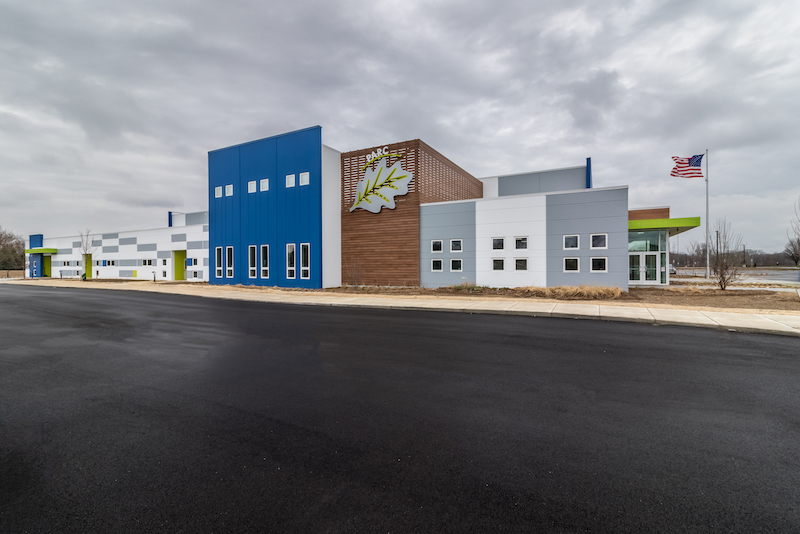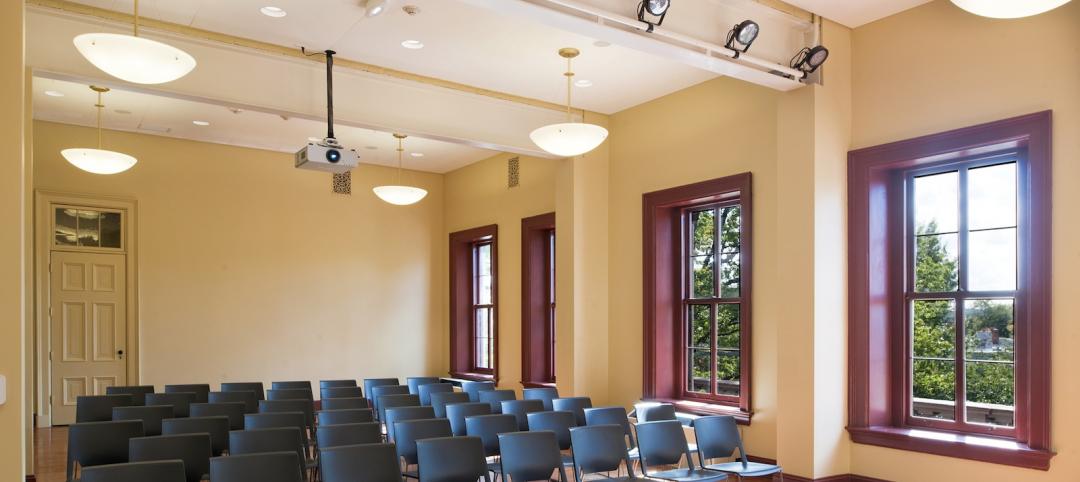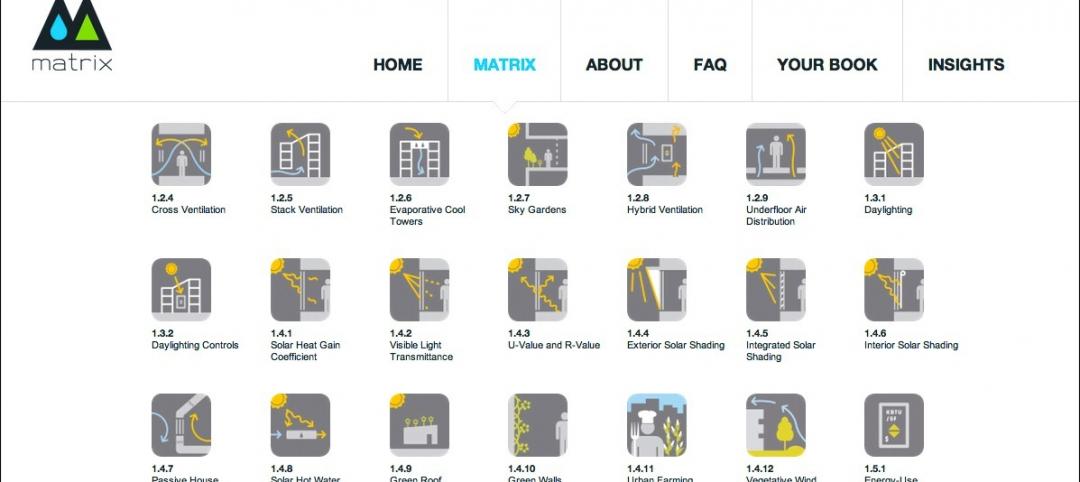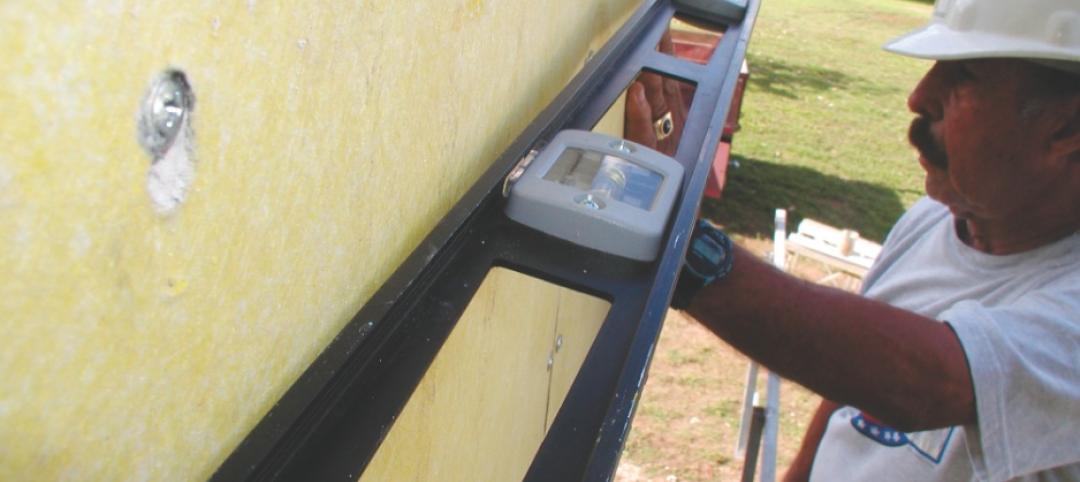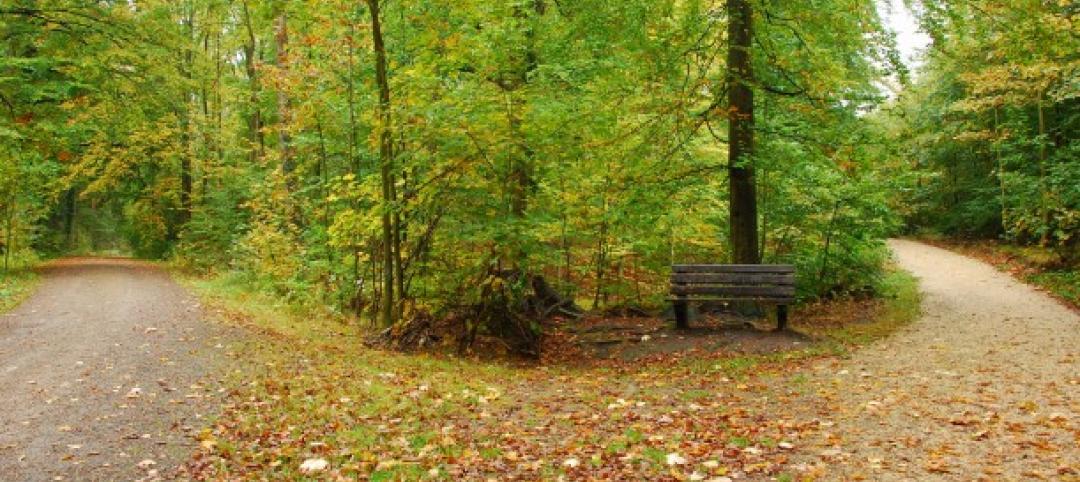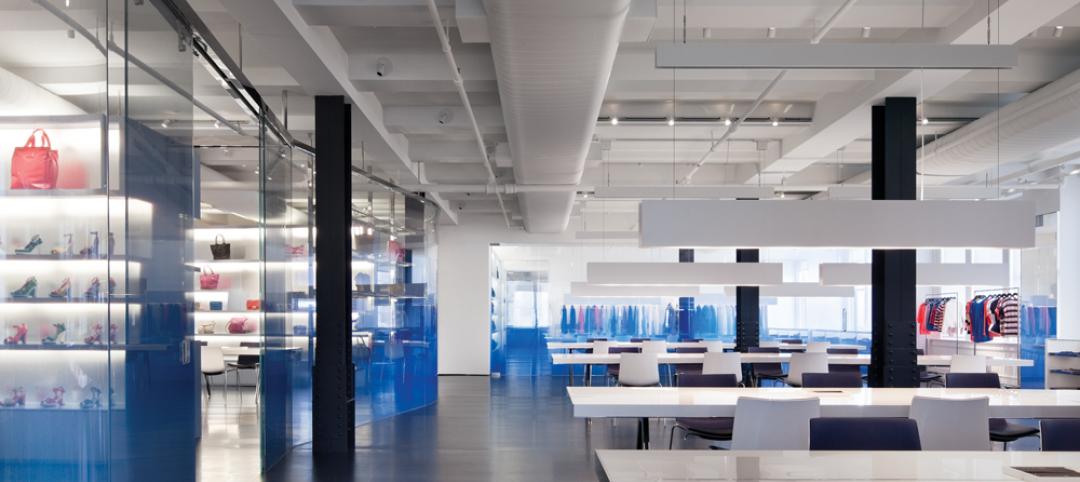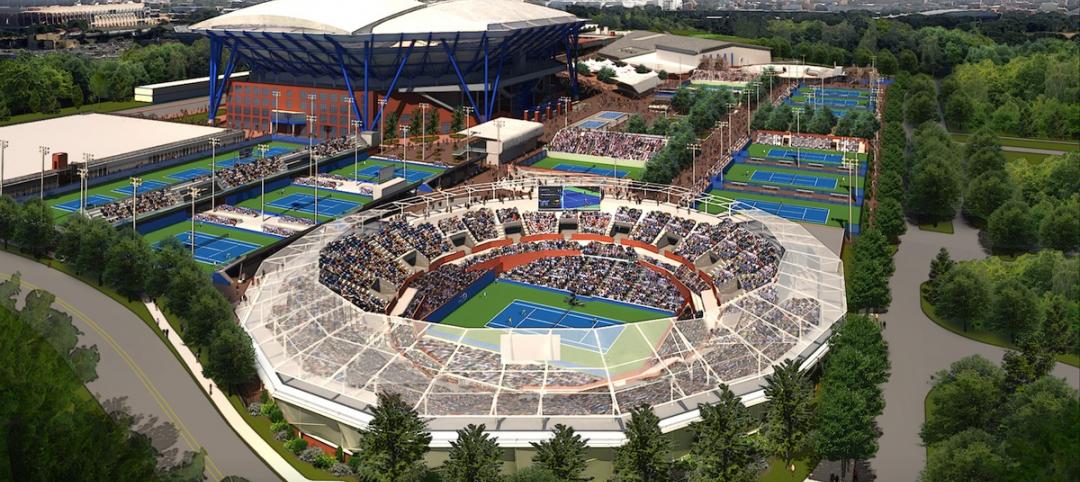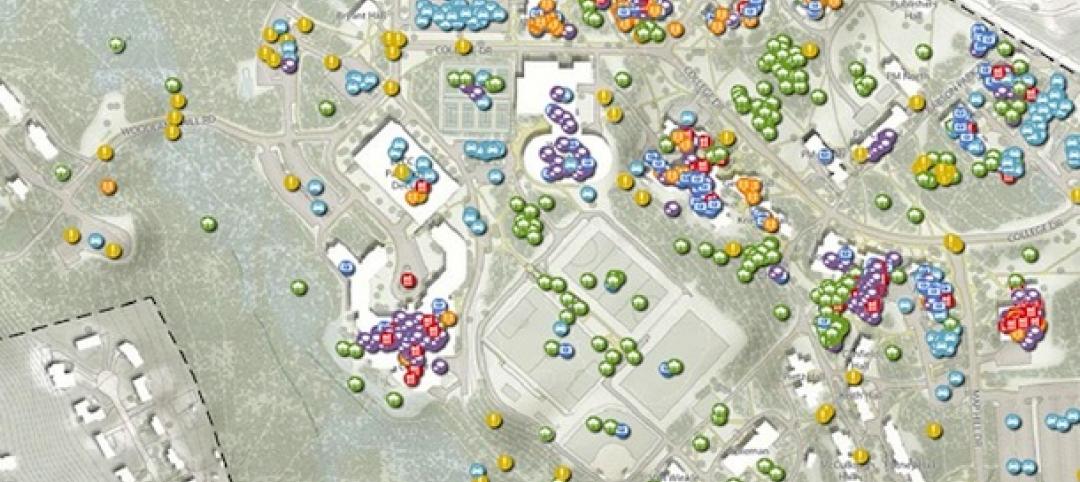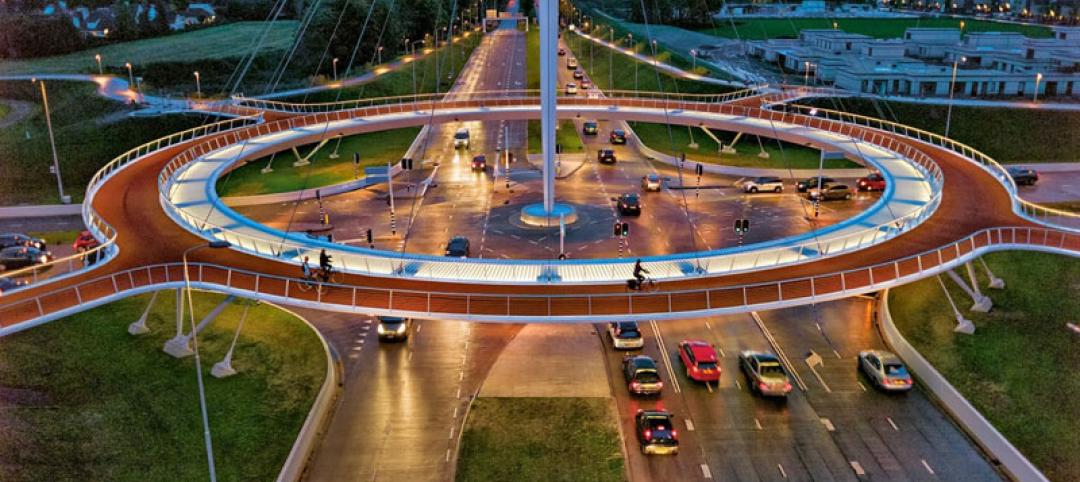The recently completed Prairie Activity and Recreation Center (PARC) in Plainfield, Ill., is projected to be the first building of its kind to achieve the Passive House Institute US PHIUS+ Source Zero certification.
Designed as a net zero facility, the two-story, 37,000-sf building features a 4,000-sf fitness center and studio with a full-size basketball court, an elevated 10-lap walking track, a 1,600-sf multi-purpose room for classes and special events, and a preschool suite. The preschool suite includes a dedicated reception area and entrance and four classrooms with high windows and “look nooks” (low picture windows that connect the children to the natural surroundings outside).
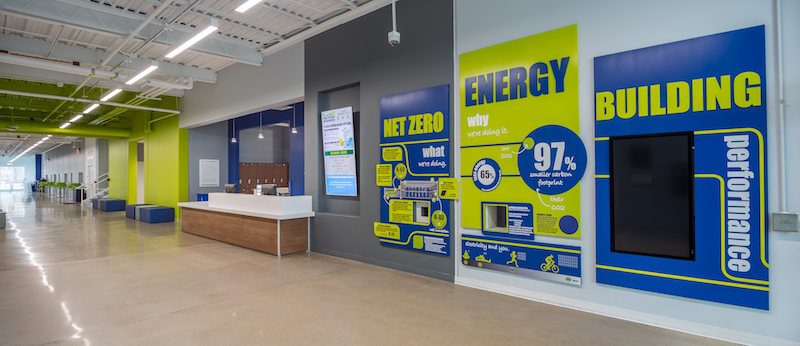
The PARC is 65% more efficient than a conventional commercial building of the same size in a similar climate. It includes a 28,600-sf solar array and a highly insulating building envelope. A Building Performance monitor at the front entry will share building energy use and solar energy production information with visitors.
Exterior building features include LED site lighting, rain gardens, native landscaping, parking for 110 vehicles, a recreation patio for the preschool, and walking trails. The PARC is the newest addition to the Bott Park complex, which includes a playground, ball fields, and soccer fields.
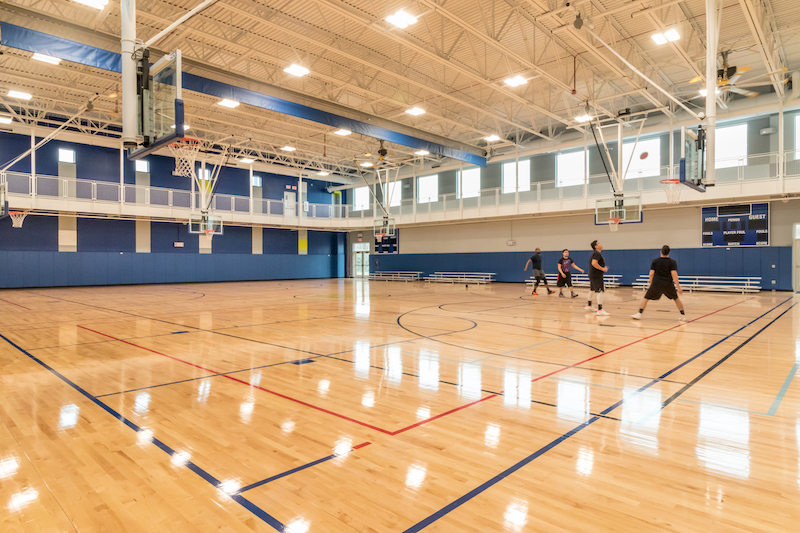
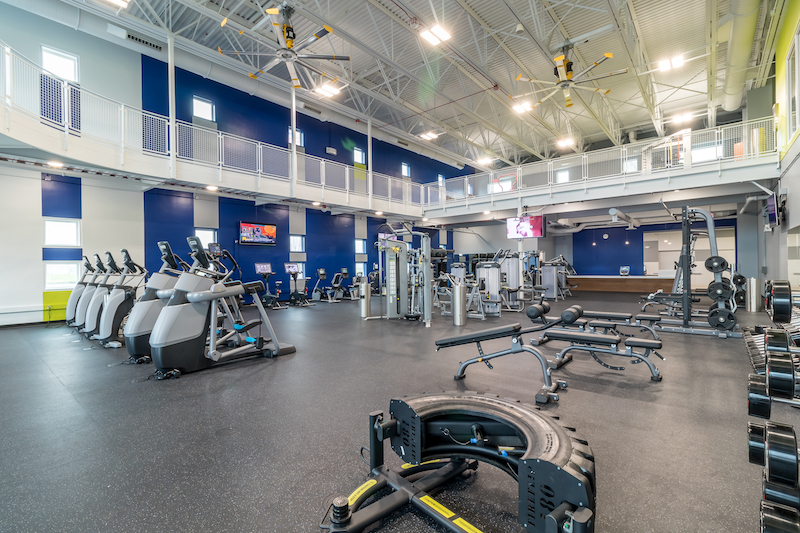
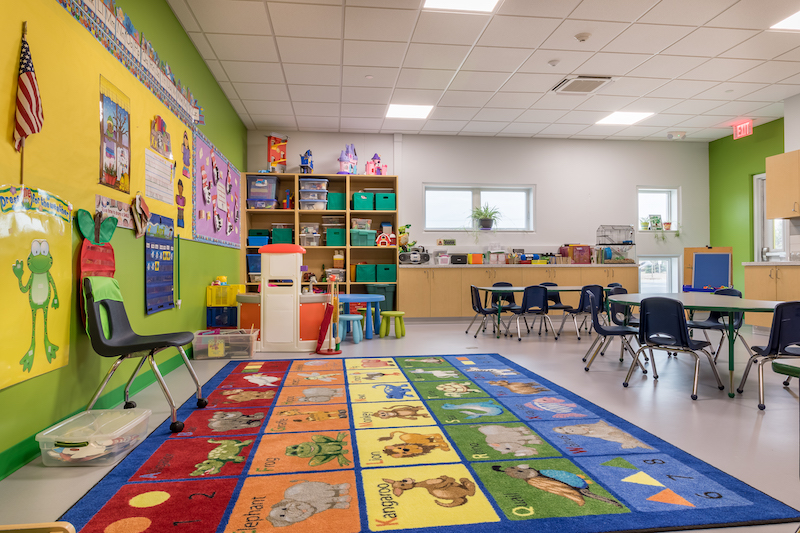
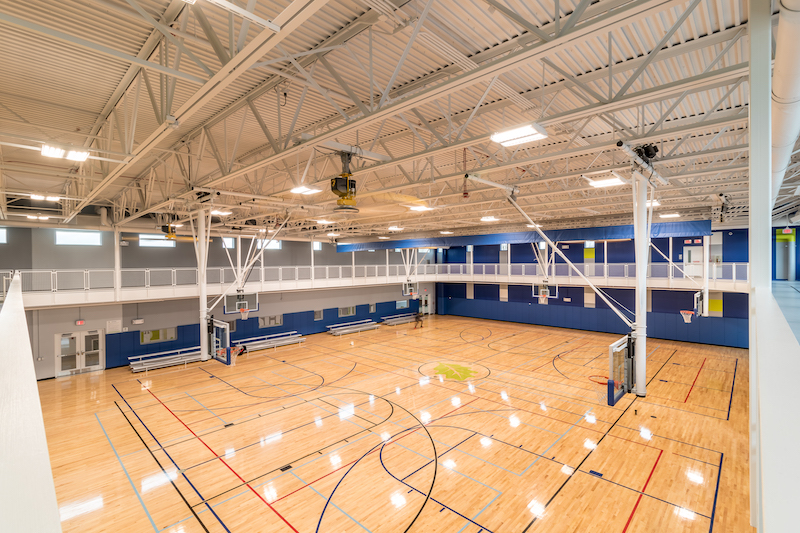
Related Stories
| Apr 2, 2014
8 tips for avoiding thermal bridges in window applications
Aligning thermal breaks and applying air barriers are among the top design and installation tricks recommended by building enclosure experts.
| Mar 26, 2014
Callison launches sustainable design tool with 84 proven strategies
Hybrid ventilation, nighttime cooling, and fuel cell technology are among the dozens of sustainable design techniques profiled by Callison on its new website, Matrix.Callison.com.
| Mar 25, 2014
Sydney breaks ground on its version of the High Line elevated park [slideshow]
The 500-meter-long park will feature bike paths, study pods, and outdoor workspaces.
| Mar 20, 2014
Common EIFS failures, and how to prevent them
Poor workmanship, impact damage, building movement, and incompatible or unsound substrate are among the major culprits of EIFS problems.
| Mar 13, 2014
Do you really 'always turn right'?
The first visitor center we designed was the Ernest F. Coe Visitor Center for the Everglades National Park in 1993. I remember it well for a variety of reasons, not the least of which was the ongoing dialogue we had with our retail consultant. He insisted that the gift shop be located on the right as one exited the visitor center because people “always turn right.”
| Mar 12, 2014
14 new ideas for doors and door hardware
From a high-tech classroom lockdown system to an impact-resistant wide-stile door line, BD+C editors present a collection of door and door hardware innovations.
| Feb 26, 2014
Billie Jean King National Tennis Center serving up three-phase expansion
The project includes the construction of two new stadiums and a retractable roof over the existing Arthur Ashe Stadium.
| Feb 14, 2014
First look: Kentucky's Rupp Arena to get re-clad as part of $310M makeover
Rupp Arena will get a 40-foot high glass façade and a new concourse, but will retain many of its iconic design elements.
| Feb 14, 2014
Crowdsourced Placemaking: How people will help shape architecture
The rise of mobile devices and social media, coupled with the use of advanced survey tools and interactive mapping apps, has created a powerful conduit through which Building Teams can capture real-time data on the public. For the first time, the masses can have a real say in how the built environment around them is formed—that is, if Building Teams are willing to listen.
| Feb 11, 2014
World's first suspended bicycle roundabout [slideshow]
Located in the Netherlands, the project was designed to promote a healthier lifestyle.


